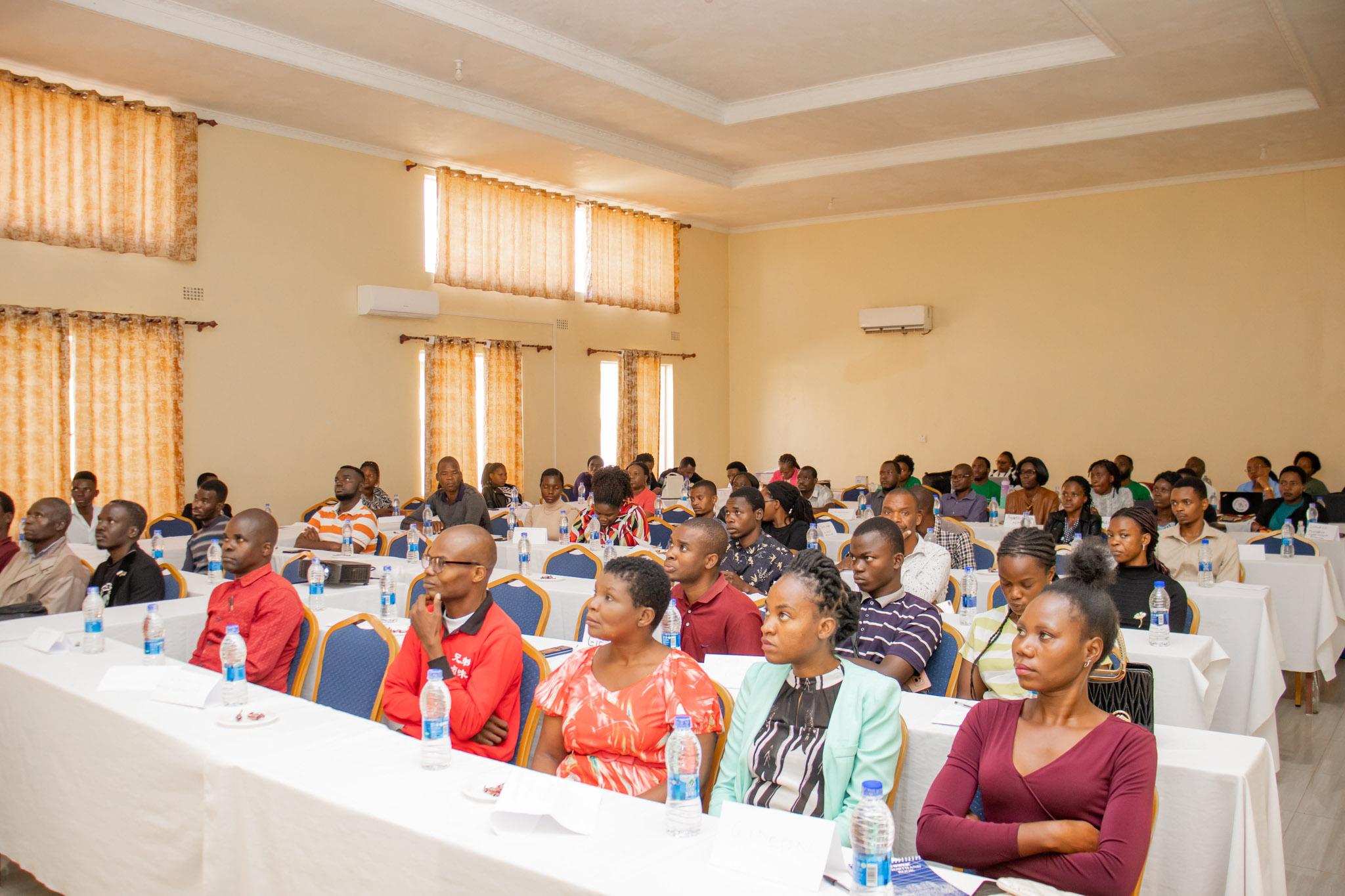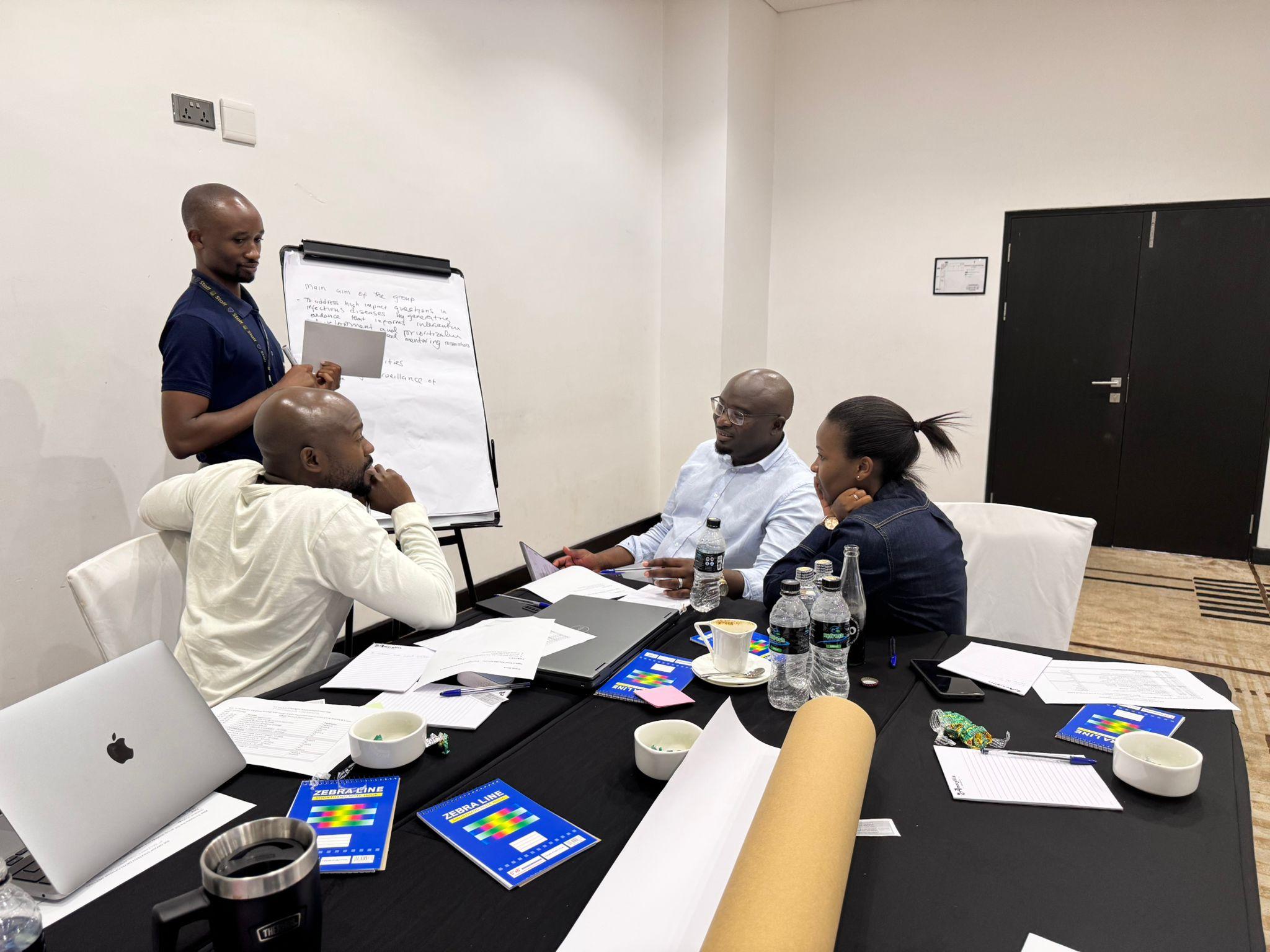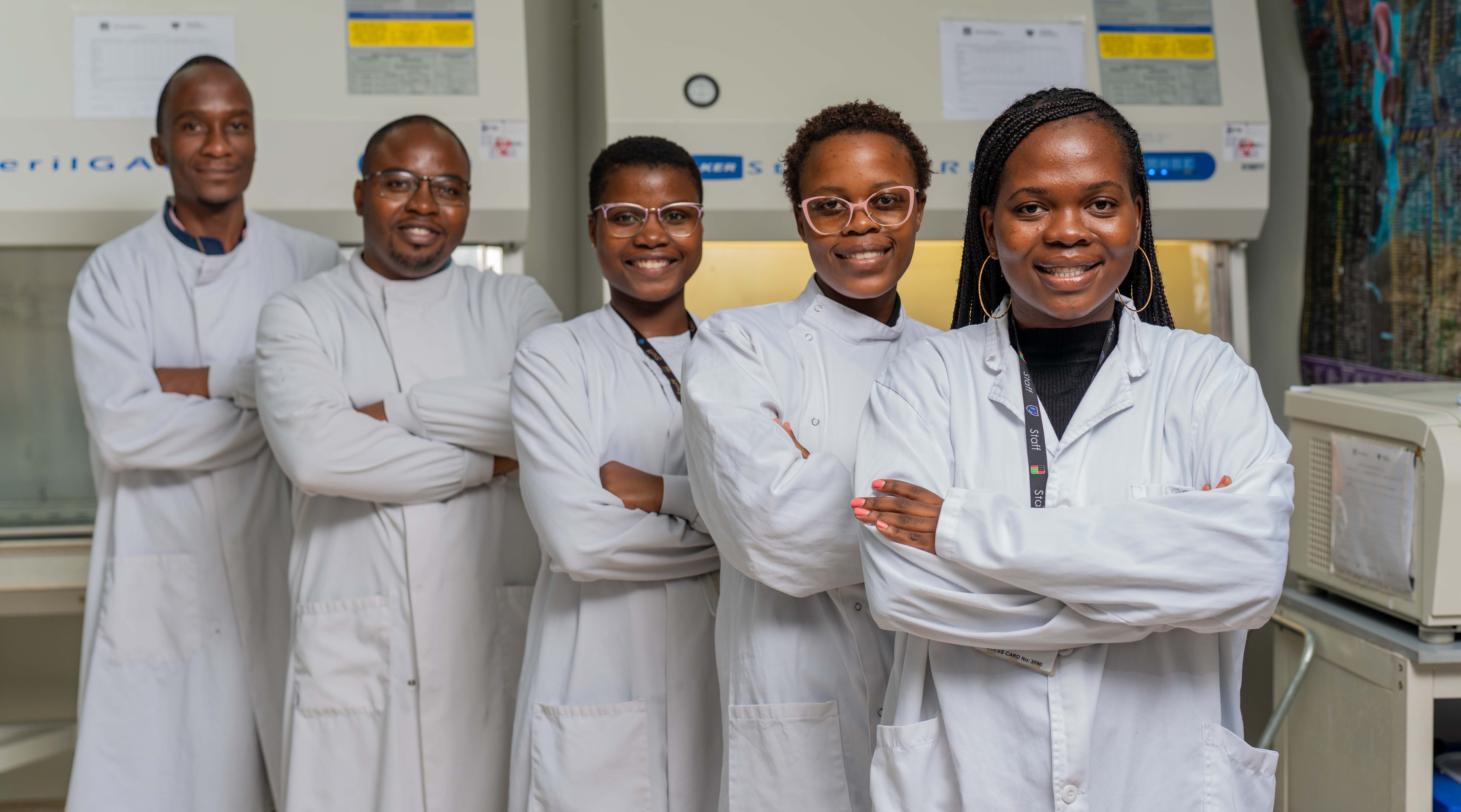The Active Prevention and Treatment of Maternal Sepsis (APT-Sepsis) of MLW, conducted a training session for healthcare professionals from Kasungu District Hospital on June 19, 2025. The initiative aims to equip frontline maternity staff with the essential knowledge and skills to prevent and treat maternal sepsis which is a life-threatening condition caused by an uncontrolled bodily response to infection during or after pregnancy.
Maternal sepsis remains a significant contributor to maternal mortality worldwide, according to the World Health Organization (WHO). Recognizing this urgent need, the APT-Sepsis training focused on key interventions such as promoting rigorous hand hygiene, implementing best practices in infection prevention and treatment, and enabling early recognition of sepsis for immediate intervention.
Regina Makuluni, coordinator for the APT-Sepsis group, emphasized the profound impact of the training. “Equipping healthcare professionals in maternal wards with these essential skills and knowledge is a significant step in combating maternal sepsis deaths,” she stated. “We anticipate a substantial drop in maternal deaths once these trainings are fully implemented.”
The training was met with enthusiasm by participants. Regina Chauluka, a hospital attendant at Kasungu District Hospital and one of the beneficiaries, highlighted the immediate practical benefits. “At first, we would see a patient showing some signs and we wouldn’t know how serious they are or who to inform and how quickly they need to be attended to,” she explained. “But now, we will be able to help the patients better by reporting to the nurses when we note something.” This feedback underscores the program’s success in empowering all levels of healthcare staff to play a vital role in patient care.
Kasungu District Hospital was one of 15 control sites that participated in the initial APT-Sepsis trial and is now among the first to receive this critical intervention training as part of the broader rollout. This systematic approach ensures that proven strategies for combating maternal sepsis are disseminated to healthcare facilities where they are most needed, ultimately contributing to better maternal health outcomes across Malawi.



